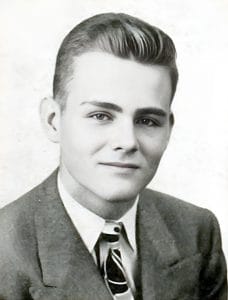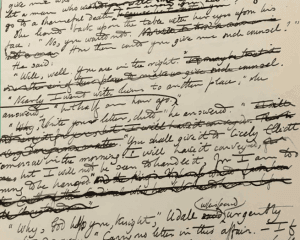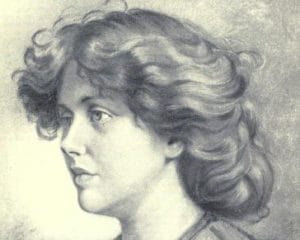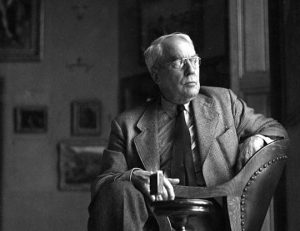In Search of David Dow Harvey: Part 2
By Andrew Gustar In the first part of this article we followed David Dow Harvey up to the publication of Ford Madox Ford, 1873-1939: Bibliography of Works and Criticism, which remains a…
Articles, essays and research on Ford

By Andrew Gustar In the first part of this article we followed David Dow Harvey up to the publication of Ford Madox Ford, 1873-1939: Bibliography of Works and Criticism, which remains a…

By Andrew Gustar Anybody studying Ford’s works will soon encounter David Dow Harvey’s Ford Madox Ford, 1873-1939: Bibliography of Works and Criticism (Princeton, 1962). In over 600 pages of typewritten text, Harvey…

By Paul Skinner Of her ‘desert island books’, the novelist Penelope Lively wrote: ‘there are three titles that I would pick, because, for me, they are perhaps the ones that have most…

By Seamus O’Malley The novelist of epistemological crisis would have had something to say about Artificial Intelligence. In The Good Soldier Dowell asks: “If for nine years I have possessed a goodly…

By Andrew Gustar Ford Madox Ford has a somewhat complicated family tree, as illustrated by the trees of his paternal and maternal sides in Max Saunders’ Ford Madox Ford: A Dual Life,…

By Paul Skinner In the London Review of Books (8 May 2025), Julian Barnes’ notice of Blake Gopnik’s book, The Maverick’s Museum: Albert Barnes and His American Dream (Ecco) includes the observation that ‘you…

by Sara Haslam Ever wondered what Ford scholars get up to in their spare time? Many of them have written on Ford’s contemporaries, and this 3rd May, we republish a post by Sara…

By Paul Skinner Glancing at any recent headline, it may come as no surprise that some of us are willingly absorbed in another year entirely, precisely a hundred years back. In publication…

By Andrew Gustar In the first part of this post, I discovered that Branshaw Teleragh – location of Edward and Leonora Ashburnham’s house in Ford’s The Good Soldier – was based on a misprint on…

By Andrew Gustar In the early 1800s, a message could be sent between Plymouth and London in a matter of minutes. The Admiralty Shutter Telegraph, devised by Lord George Murray during the…